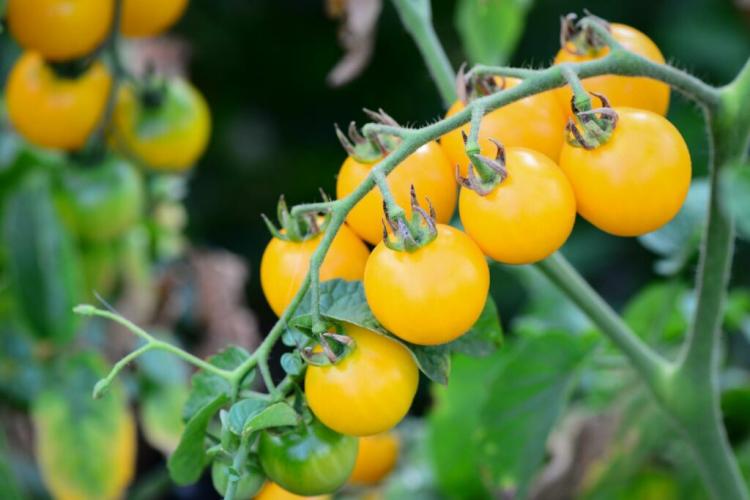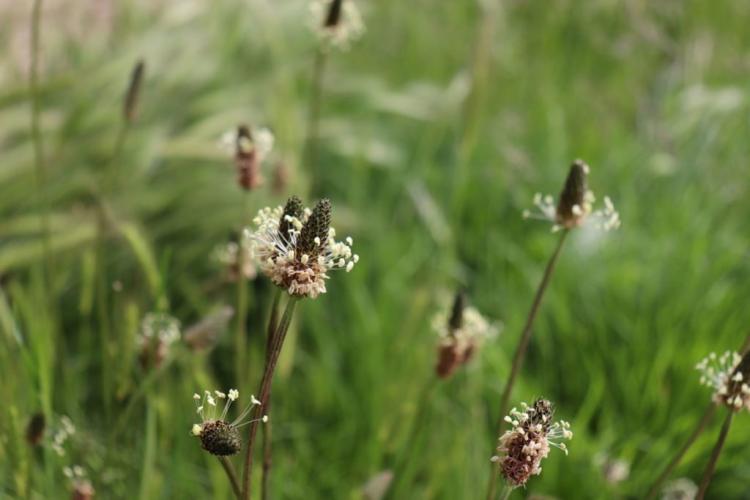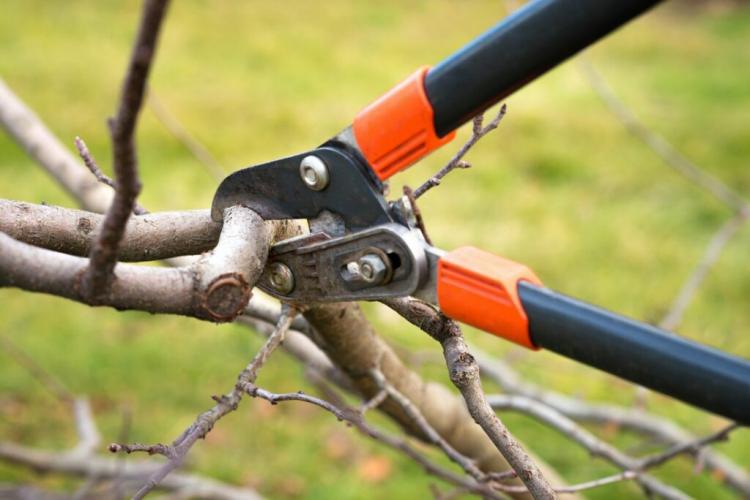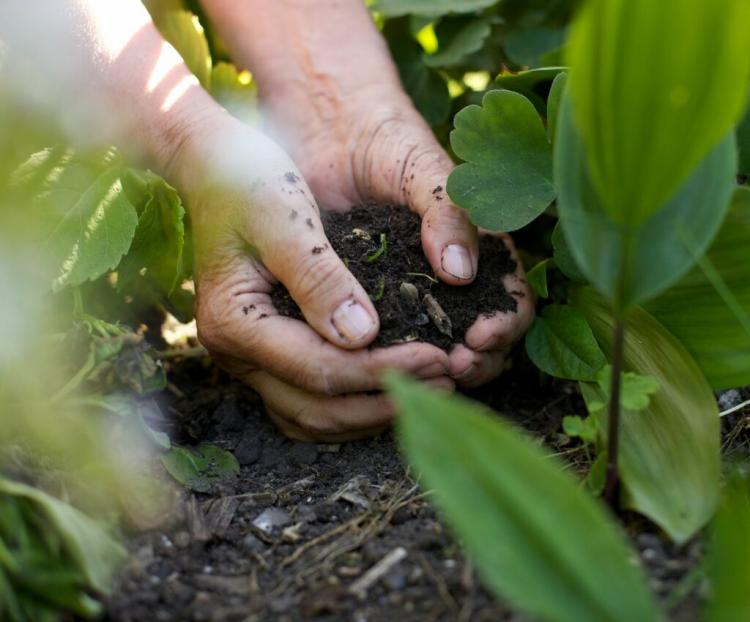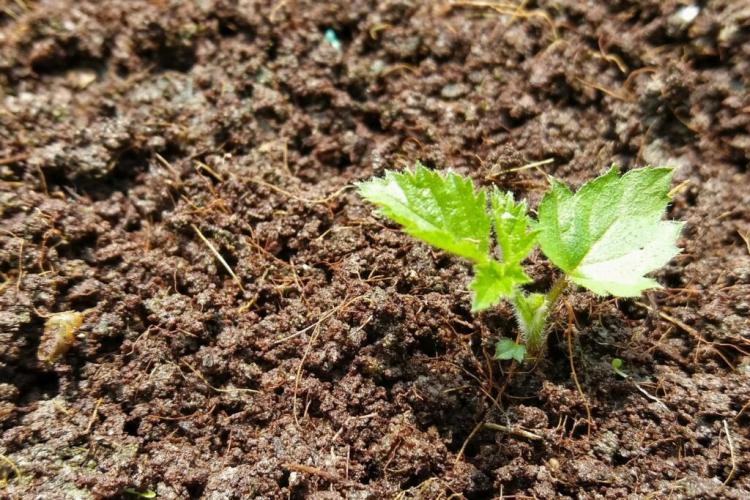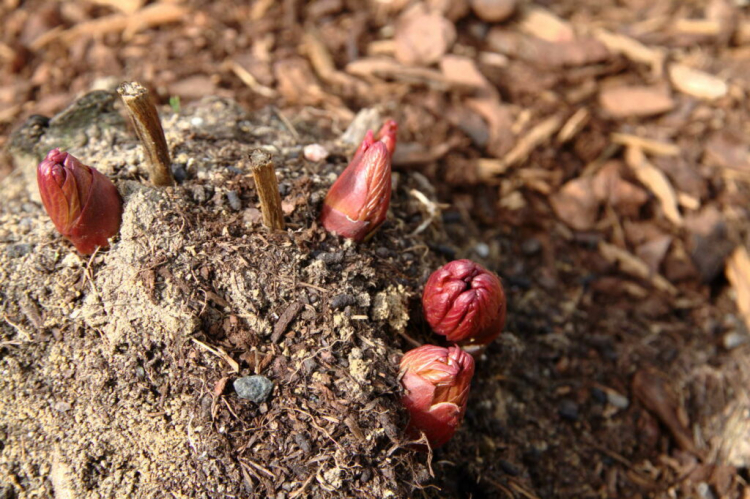Best Water for Indoor Plants
When it comes to taking care of indoor plants, proper watering is a critical element. While many people take special care in terms of how frequently they water the plant, what they forget is that the quality of the water also plays a role. This is especially true since the water quality varies massively from one area to another and can significantly impact the health of your beloved houseplants. So what’s the best water for indoor plants?
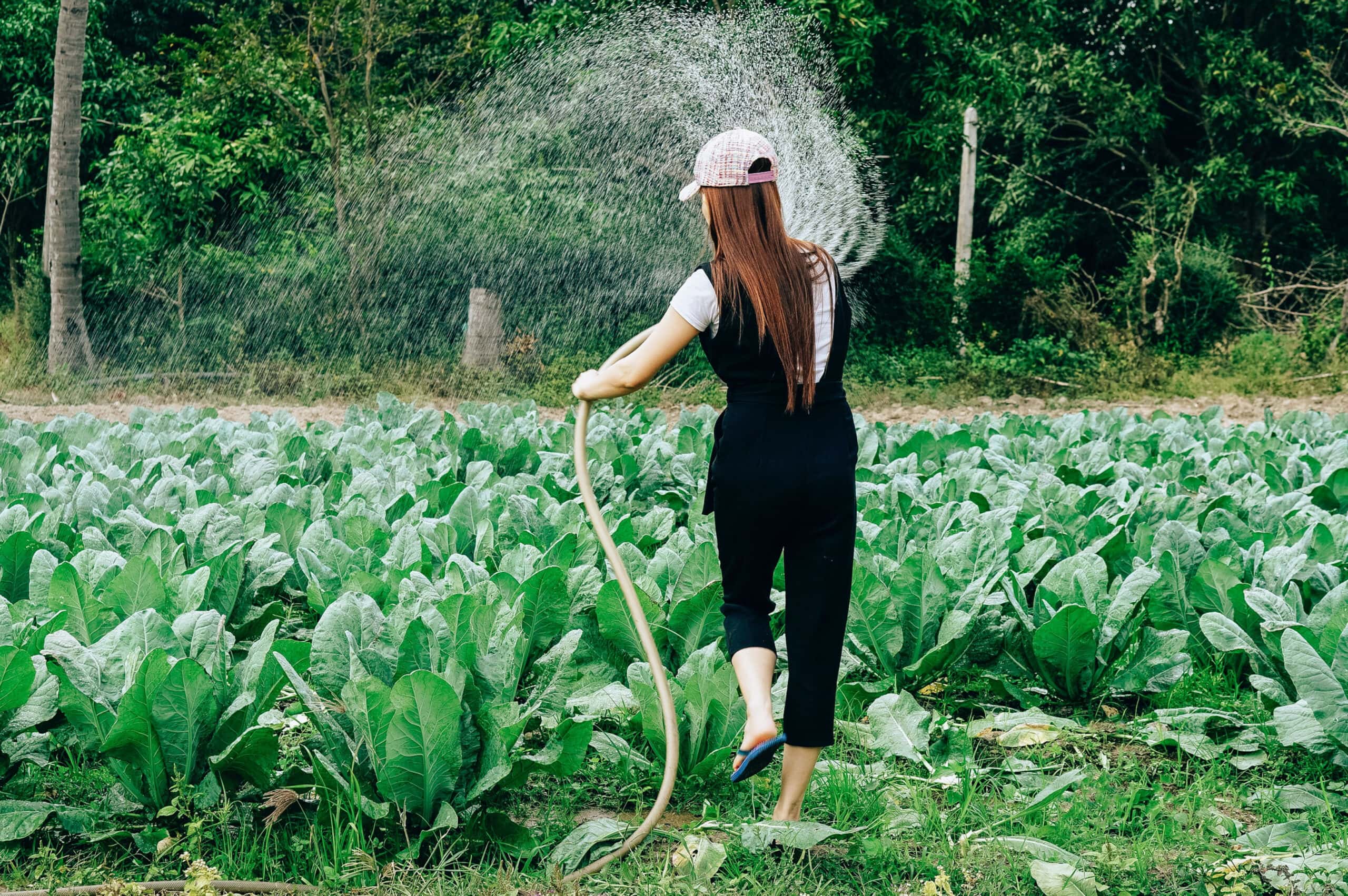
But since there are so many types of water, which ones should you use? Should you go for tap water, distilled or filtered water, or rainwater? Most people agree that tap water is okay for most houseplants, but it typically varies depending on the type of plant and the quality of tap water you are using. If you have a reason to believe that the quality of your tap water is not up to the mark, rainwater or distilled water can be excellent alternatives.
This article will explain everything you must know about choosing the right type of water and how to pick one.
Why Water Quality Matters for a Houseplant? The Role of Harmful Chemicals and Other Parameters
Table of Contents
Before we discuss different types of water, it is critical to understand why it’s so important to choose the right kind of water and how various components of water quality impact houseplants.
This information will give you some knowledge to understand why certain types of water may be better than others, depending on their characteristics.
Hard Water
If you live in an area where you only get hard water, you’ll frequently find limescale deposition on your appliances and pipes. Hard water usually has a very high mineral content, particularly magnesium and calcium carbonates, sulfites, and bicarbonates.
These minerals start accumulating in the soil of your houseplant as well as the sides of the pots. While these accumulations are usually harmless, their levels keep accumulating in soil over time, impacting the availability of other nutrients and altering the pH.
In the long run, these alterations can negatively affect your houseplant’s help.
You Might Also Like Plants that Do Not Like Mushroom Compost
Sodium
The sodium content in water varies considerably, and many plants seem to be intolerant to high levels of it. Fortunately, most types of tap water have perfectly acceptable levels of this mineral; however, using a water softener at home may lead to major trouble.
Water softeners replace calcium and magnesium ions in hard water with potassium and sodium ions. While these replacements work great for humans, your houseplants may not take it very well.
Oxygen Content
The delivery of oxygen to the roots of the plants is crucial for healthy plant growth. Planting them in well-aerated soil and avoiding soggy soil can make a lot of difference. Research has shown that higher dissolved oxygen in the root zone also leads to the faster and more dynamic growth of plants.
Oxygen content tends to be higher in cool water compared to warm water. Similarly, its levels are higher in fresh rainwater than in any other form of water.
Temperature
Cold water tends to have a higher level of dissolved oxygen content; however, it is also critical to ensure that the water you are using is not too cold. Certain plants, such as ficuses, alocasia, orchids, and other tropical species, can be too sensitive to being watered using cold water. This is because, at low water temperatures, the pump mechanisms working in the roots of these plants fail to get triggered, which limits the absorption of nutrients and water.
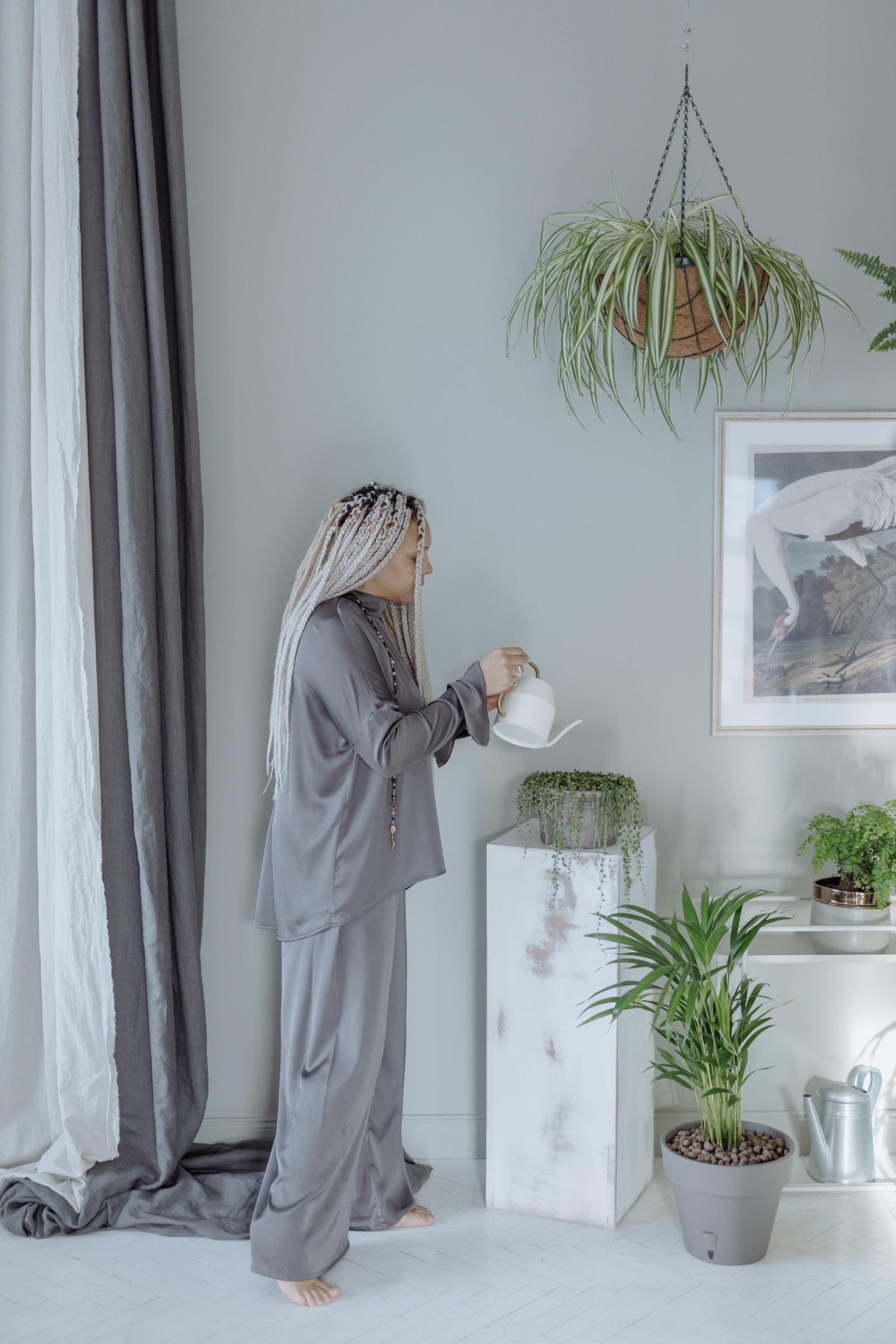
Similarly, cold water can also make plants falsely believe that the season is changing, and they may go into dormancy which halts their growth and damages their roots.
Chloramines/Chlorine
Chlorine and chloramines can destroy roots and kill off all beneficial bacteria along with other soil microorganisms living in the root zone. Their accumulations can also induce toxicity in certain delicate houseplants, causing them to have brown tips and spots on their leaves.
These minerals can be eliminated by letting the tap water sit uncovered in bright light for at least 12 hours before using it to water plants.
You Might Also Like Watering Hydrangeas
Fluoride
Even the most negligible levels of fluoride in water can disrupt respiration and photosynthesis within plants. As its levels increase in plant tissues, it triggers necrosis and toxicity. Fluoride content significantly varies between different types of water sources, and some countries add supplemental fluoride to their tap water to benefit the dental health of their populations.
Heavy Metals
Heavy metals can quickly reach a toxic level in plants, especially when these metals enter through their roots. These heavy metals significantly reduce plant growth, leading to senescence. Fortunately, most water sources tend to have low levels of heavy metals, but if you are getting it from a local water source or using well water, it is better to test it.
Many people can easily access the water quality report online through their local authority or can pay to get it tested.
What is the Best Water for Indoor Plants? A Side-by-Side Comparison
While tap water is typically suitable for most plants, there are plenty of other options that you may consider. Tap water is also the most popular choice as it’s conveniently available and does not require any additional struggle. Other choices may or may not be better than it, depending on the necessity to maintain the plant’s health in special circumstances.
Let’s talk about different types of water that your houseplant can receive, along with a list of pros and cons for each:
Tap Water
Tap water is a staple in many homes and is easily available and convenient to use. All you need to do is go over to the faucet and turn it on, and you will have an unlimited supply of it right at your fingertips. Depending on where you live, the water coming through your taps can be supplied through pipes connecting to a local water facility or a well.
Tap water is usually classified as soft or hard, depending on its mineral content. Rainwater is typically classified as soft as it contains few minerals when falling down. As soon it moves into the underground water sources, it picks up minerals like magnesium and calcium on its way, eventually converting into hard water. However, it is possible to reverse this process by using sodium and potassium ions to eliminate magnesium and calcium.
Pros of Tap Water
Tap water is easily accessible and affordable.
The quality standards of water are set in place for the regulation of the public drinking water supply.
Cons of Tap Water
Tap water in some areas may be rich in fluoride and chloride
Tap water may be hard, containing high levels of magnesium and calcium that accumulate on the top layer of the soil and prevent it from absorbing water
The sodium levels in soft water may quickly increase to toxic levels and interfere with water alkalinity and infiltration
Spring or Bottled Water
Bottled water is another staple in some homes and can be a good source of water for houseplants. This water slowly works its way up to the surface from underground sources, where it is collected and bottled. It can be mineral or spring water depending on its mineral content.
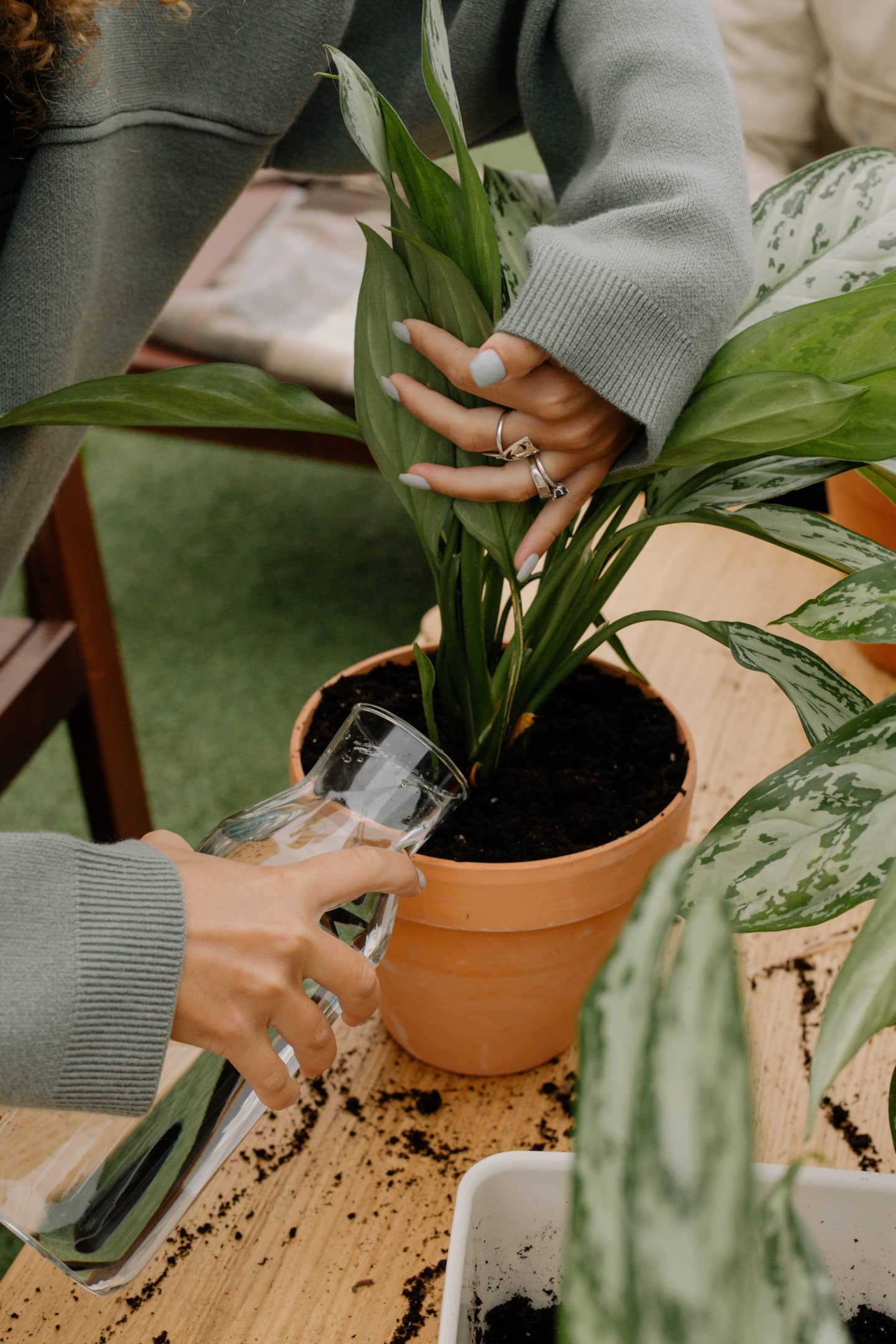
Pros of Bottled Water
Bottled water may have adequate levels of calcium and magnesium that plants need to grow.
This type of water is typically free of contaminants like fluoride and chlorine.
Cons of Bottled Water
Bottled water can be costly.
The plastic containers it comes in can add to landfills.
Distilled Water
Distilled water is highly purified and free of impurities and contaminants. It is boiled to create vapor or steam and then condensed back into a liquid form to be collected in separate containers.
Pros of Distilled Water
Distilled water is free from excessive minerals, so using it does not impact water infiltration in the soil.
Using it gives you peace of mind that you are doing the best for your houseplants.
Cons of Distilled Water
Distillation sometimes removes essential minerals like magnesium and calcium that can be useful for plants in controlled amounts.
The cost of this type of water is high.
You Might Also Like Do You Water Aloe Vera From Top or Bottom
Rainwater
As the original source of water for plants and crops, this type of water is extremely beneficial for every plant species.
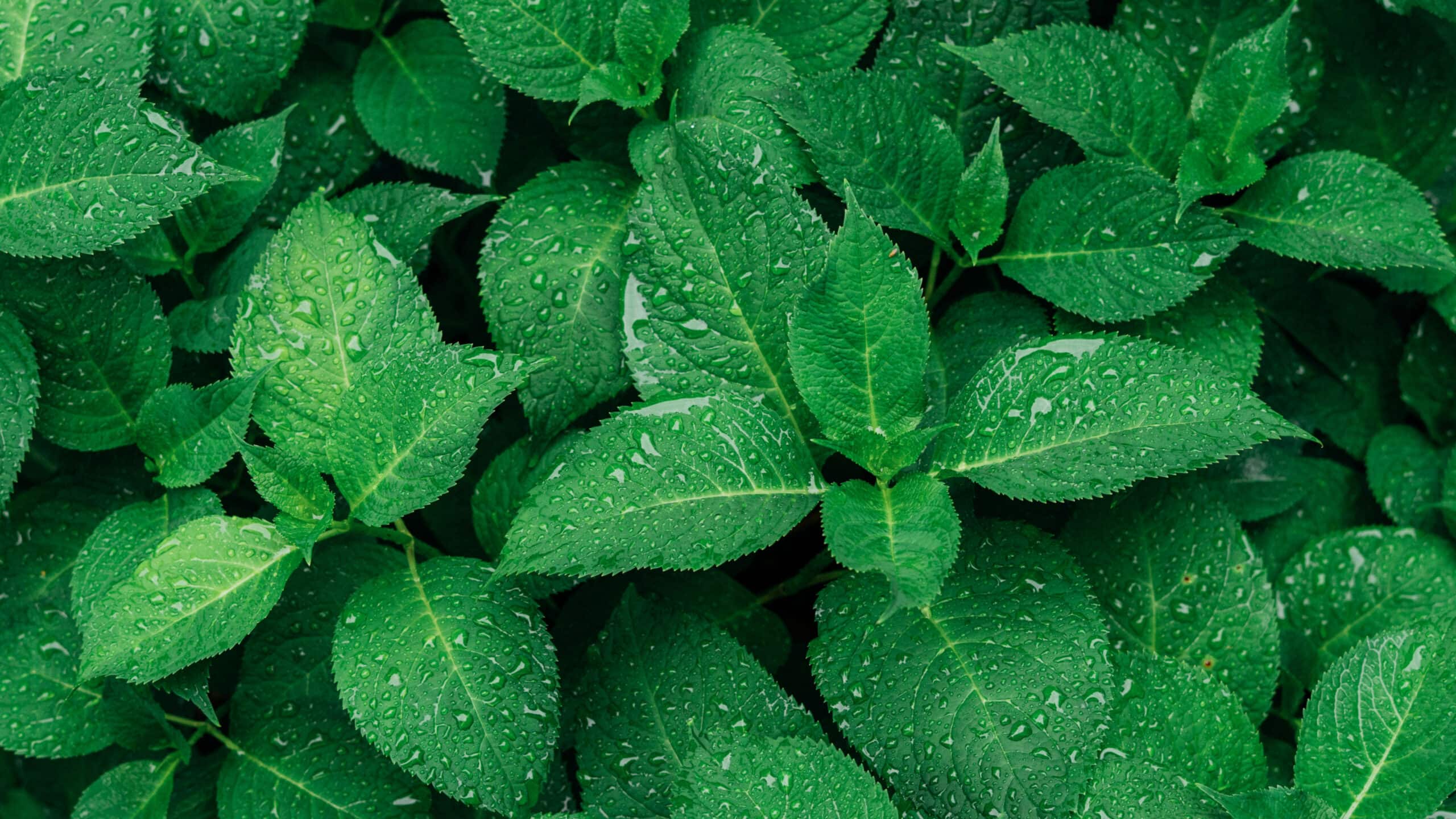
Pros of Rainwater
It is free to collect, with the only expense related to collection containers.
It is naturally soft and contains low concentrations of magnesium and calcium and no traces of fluoride and chloride.
Cons of Rainwater
It may be hard to collect in low-precipitation areas.
It may be highly acidic, especially if collected in areas of high manufacturing.
Tap Water Vs. Distilled Water: Recommendation for the Best Water For Houseplants
The article has successfully covered why water quality is critical for your houseplants, their components, and different types of water. But which type of water should you choose to ensure your houseplants thrive and nourish? While tap water is fine to use for watering most types of plants, make sure to make adjustments if your plant is overly sensitive or if you are living in an area where the water quality is a concern.
Tap water is usually the first choice for watering houseplants in most situations, so start with it and carefully observe it for any adverse effects. If the leaf tips start scorching, the plant shows any signs of necrosis, or if you notice a significant buildup of salt on the soil surface, you need to change your water type. In such circumstances, try taking steps to improve the water quality if possible. Alternatively, switch to distilled water or rainwater and watch how the condition of your plant improves.
FAQs
How can I know if my tap water is good enough for my houseplant?
There are a few things you can do to check if your water is a good fit, especially for your sensitive plants. While plants do require calcium and magnesium, having too many of these minerals can cause many issues. This type of water, called hard water, is typically quite easy to spot, even without any professional check required.
For instance, if you have to frequently clean your pipes, faucets, or appliances like water kettles because they get white depositions on them, it indicates that you have hard water. This type of water may not harm your plant acutely, but in the long run, the water may tamper with the nutrients and pH of the soil and slow down or ultimately stunt their growth.
Is distilled or purified water better for plants?
Compared to other types of water, plants that use distilled water tend to grow stronger and faster than those watered with tap water. Similarly, purified water can also be a good choice as it ensures that your houseplants are not overflooded with minerals that may dampen their growth and destroy their roots.
Is bottled water the best water for indoor plants?
Yes, bottled water can be a great alternative to tap water, especially if the local water is unsafe for your houseplants. Bottled water contains natural minerals that help with their growth and boost their strength.

